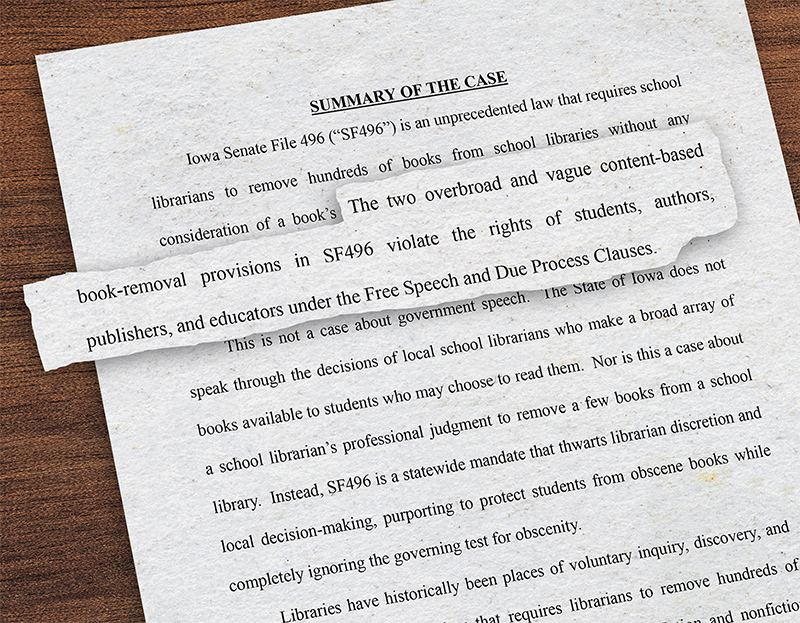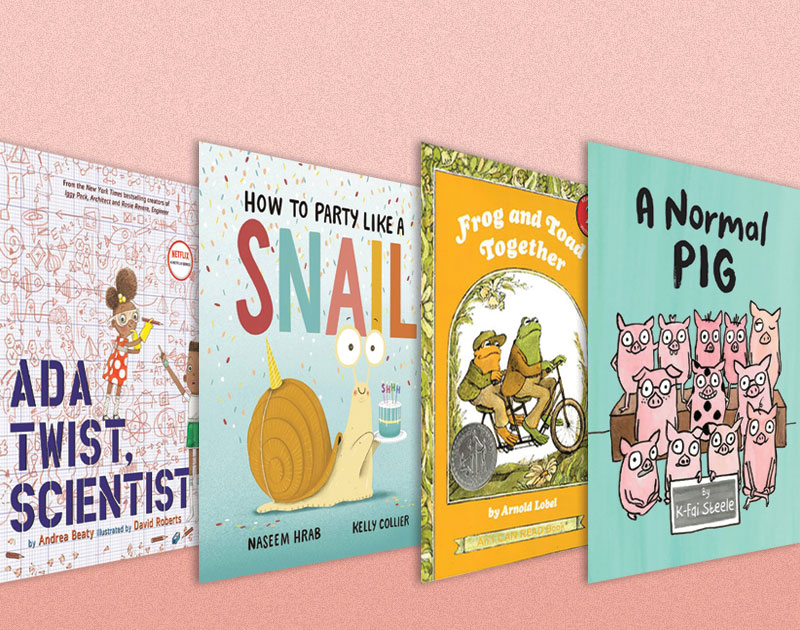SCROLL DOWN TO READ THE POST
“The Amazing Spider-Man” and the Sin of Rebooting: A Quasi-Movie Review, and Some Talking Points
What’s the statute of limitations on reboots?
Wait, maybe that’s the wrong term—but you know what I mean: when can filmmakers (or TV producers, comics publishers, etc.) safely start up a franchise again without alienating its fan base or prompting raised eyebrows from critics?
I’d submit that when the property relies on a core audience of kids or teens, as is arguably the case with The Amazing Spider-Man (which releases today), waiting five to ten years is fine. Why? Because during that period a whole new wave of viewers/readers comes of age, and though my thesis here is more emotional than anything else, I’d say that such young people “deserve” their own version of an iconic character or story, their own midnight screenings to look forward to. That’s not a slight on older versions of a franchise, although of course it’s understandable if long-time fans take it that way when they see millions jumping on a mass media bandwagon instead of honoring the “classic” incarnations of the fan object.
ADVERTISEMENT
ADVERTISEMENT
Of course an obvious counter-claim to my stance could be made on the grounds that creative and historical factors should take precedent over any concerns about changing audiences. That is, forget about how old the audience is, or is getting, and focus instead on whether a reboot can really be approached with any true artistic freshness. In short, is there room for narrative improvement? This question in turn is related to the historical one, which might actually be better framed as a cultural one: has the social, political, technological, generic, etc., context shifted sufficiently so that key components of the original story might automatically be seen through a new lens, and thus justify an “updating.” (Example: in this new Spider-Man movie the theme of bullying, and Peter Parker’s response to it, is altered subtly, but importantly: in one early scene he stands up for someone else getting bullied, pointing to a moral response beyond self-protection.)

I can’t really disagree with this counter-argument, by the way. However, I would make the important distinction that these sorts of considerations should serve as criteria by which one can evaluate any given reboot… not as a priori objections to why such reboots shouldn’t be made in the first place.
The problem is, fans and critics alike often conflate the two, so a film such as The Amazing Spider-Man must work twice as hard, so to speak, to earn a measure of acceptance.
To be sure, we can demand more of a retelling of a story with which we are already familiar—I’ll be doing the same thing when checking out Andrea Arnold’s new Wuthering Heights in a month or two—but what we should keep in mind, although it’s often extraordinarily difficult, is the separation of self (our own experiences and filters) and text (the intrinsic meaning-making devices that are directed to an audience greater than us alone).
Or, to make this less abstract: a century from now a viewer will encounter both Sam Raimi’s Spider-Man and the Marc Webb’s Spider-Man as textual artifacts, without any personal rancor or expectations regarding them. Simply, it won’t matter much, unless one is twenty-second century media scholar, which came first or which was perceived as a cash-grab by a studio (Sony) eager to milk its sole Marvel property. Rather, our descendants will see them as alternate interpretations of the same source text much like we view the two wonderful 1920’s silent film adaptations of Poe’s The Fall of the House of Usher: each has its own strengths, each departs from the original text in ways big and small.
So can you tell that I kind of liked The Amazing Spider-Man? Well, actually I really liked it. In fact, there were many aspects that I absolutely loved. Andrew Garfield’s performance, full of restless teen energy and believable geekiness. The sense of Spider-Man as a true “outlaw,” not just the editorial target of J. Jonah Jameson (who is absent from the film). The way that Peter Parker’s scientific prowess (from the early ‘60s comics) is revived and made central rather than ignored after simply establishing the character as a “nerd.” I could go on, but I won’t. My point is only that this thoughtful (though occasionally flawed) new film is not only worth catching, but worth discussing with young moviegoers in a way that touches on the transliterate skills requisite for evaluating this “origin story” across different media and individual texts…
…as with these spoiler-free questions designed to prompt critical thinking:
- How did the marketing campaign’s emphasis on the “untold story” of Peter Parker’s parents both help and hurt the film with one of its prime target audiences, hardcore Spider-Man fans? Why should a reboot promise something radically new to justify its existence to such fans… and at the same time be wary of alienating them by having the audacity to present something “too new”? (If you’ve been following Spider-Man for decades, how would you feel about being told that there’s suddenly a story you were never “told”?)
- In what ways are comics constantly rebooting characters, and how are the reactions of that medium’s fans different than or similar to those of movie fans? Relevant texts to consider might include the Brian Michael Bendis’ Ultimate Spider-Man and last year’s “New 52” re-launch of virtually the entire DC line. For that matter, how did both Marvel and DC “reboot” Golden Age superheroes in the Silver Age—even if the term “reboot” was not in use then?
- Why is the objection to reboots more strenuous these days than it might have been half a century or more ago? For example, how does the accessibility of the Tobey Maguire-starring Spider-Man’s make it harder to stomach a new version… while in, say, the 1960’s, older movie versions would have been available only via occasional TV broadcasts?
- How does making Spider-Man’s webs a product of Peter Parker’s intellect rather than his biology both make The Amazing Spider-Man more faithful to the original comics and enrich the characterization?
- For that matter, how does the choice of The Lizard as the villain echo and amplify the theme embodied by title character’s status as a kind of human-animal hybrid? In what ways is this a resonant theme that was not really touched upon in the earlier film trilogy?
- Make a text-to-text connection: is the bonus post-end credits scene an awkward aping of movies in the recent Marvel cycle (Iron Man, Captain America, etc.) or a case of effective foreshadowing and sequel-building?
- Perhaps most importantly—from a media literacy perspective, that is—are the objectives of strategically exploiting a famous brand and artfully retelling a well-known story mutually exclusive? In other words, if at the corporate level a decision was made a couple of years ago to reboot Spider-Man for business reasons does that mean that those undertook the project (director, writers, actors) were also motivated solely, or primarily, by commercial reasons? And why is it easier, or preferable, to pit art and commerce against each other as inherently antithetical rather than entertaining the idea that they enjoy a much more complex relationship?
Oh, and as a partial answer to the final question, I offer this much-viewed clip of Andrew Garfield making his surprise appearance at Comic-Con last year. In sum, are the roles of creator, “star,” fan, and audience really always so discrete…?
Filed under: Comics, Fandom, Movies, Transliteracy
About Peter Gutierrez
A former middle school teacher, Peter Gutierrez has spent the past 20 years developing curriculum as well as working in, and writing about, various branches of pop culture. You can sample way too many of his thoughts about media and media literacy via Twitter: @Peter_Gutierrez
ADVERTISEMENT
SLJ Blog Network
2024 Books from Coretta Scott King Winners
Monster Befrienders and a Slew of Horror/Comedy: It’s a Blood City Rollers Q&A with V.P. Anderson & Tatiana Hill
Monkey King and the World of Myths: The Monster and the Maze | Review
Finding Answers to a Not-So-Simple Question, a guest post by Christina Matula
The Classroom Bookshelf is Moving
ADVERTISEMENT
ADVERTISEMENT







